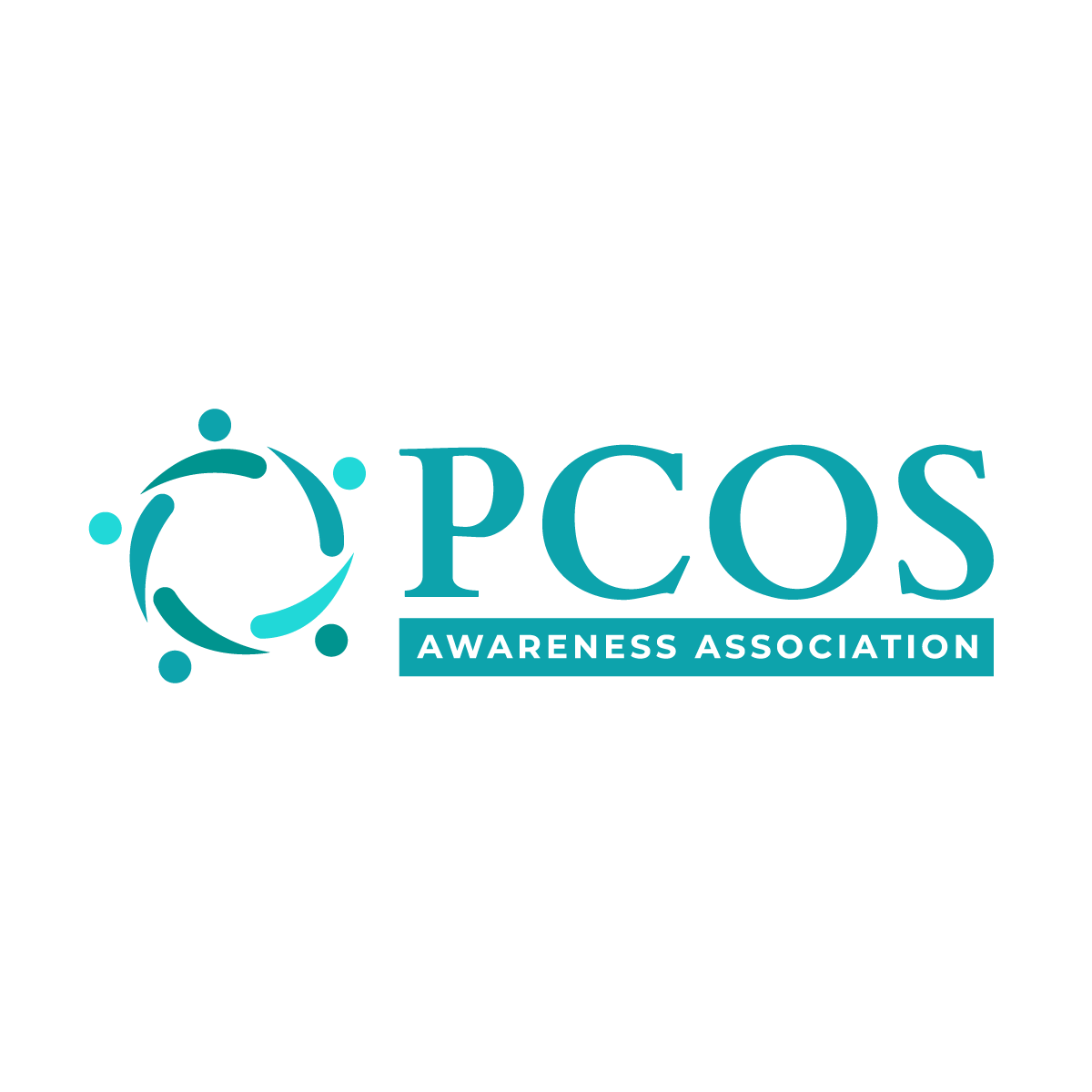Polycystic Ovarian Syndrome (PCOS) is a hormonal disorder that affects one in five women of reproductive age. It can cause numerous physical and emotional symptoms, including irregular periods, excessive hair growth, acne, weight gain, depression, and anxiety. During PCOS Awareness Month in September, it’s essential to spread the word about this condition and its challenges for women.
It is estimated that approximately 5 million women in the United States have PCOS. Symptoms can vary from woman to woman, making diagnosis difficult. Women with PCOS often experience higher levels of testosterone than other women due to a hormone imbalance which causes various problems such as unwanted hair growth on their face and body, irregular menstrual cycles, and difficulty controlling weight gain. Acne outbreaks can also be an issue among those who suffer from PCOS. In addition to physical symptoms, many women with PCOS experience depression and anxiety due to their condition and feelings of isolation due to a lack of understanding or awareness of the condition by others.
In recent years, health organizations have increased efforts to raise awareness about PCOS during National Polycystic Ovarian Syndrome Awareness Month in September each year. This campaign raises awareness about the condition and encourages those who may be suffering from the disease to seek medical advice for diagnosis and treatment options. The aim is to educate people about PCOS and support those living with the condition through education programs and online resources such as webinars, podcasts, forums, and social media groups.
During Polycystic Ovarian Syndrome Awareness Month, it's essential to recognize this misunderstood disorder and support those suffering from its effects daily. Get involved by sharing information about PCOS on your social media accounts or hosting an event for friends or family members who are affected by the disease so that they know they are not alone in dealing with its complications. It’s also essential to make sure your healthcare provider knows if you suspect you may have PCOS so that they can work with you on finding a treatment plan to help manage your symptoms.
